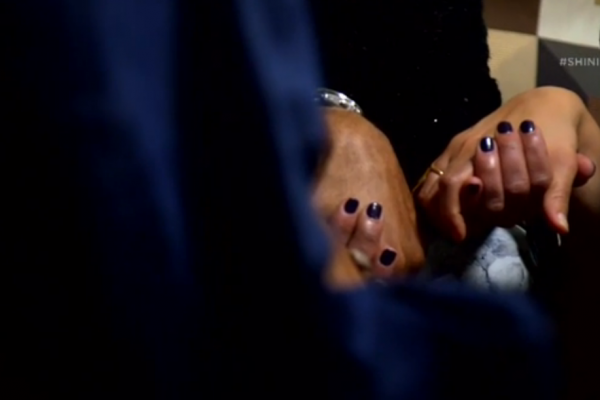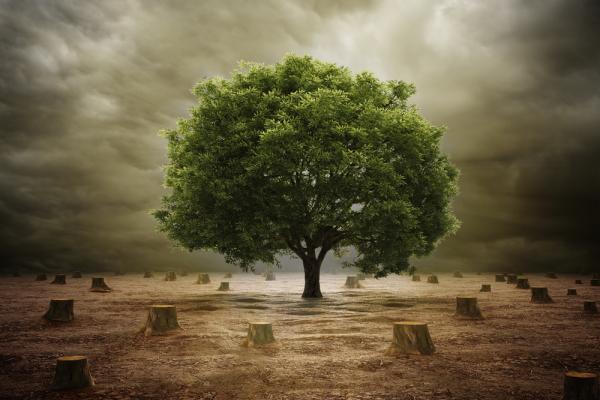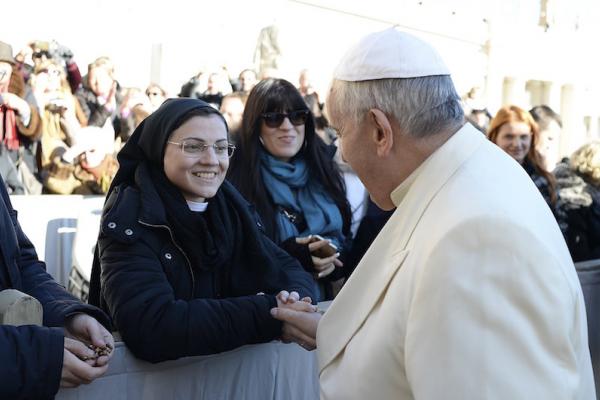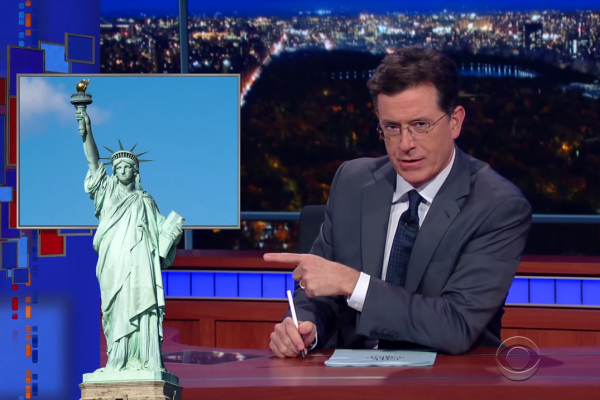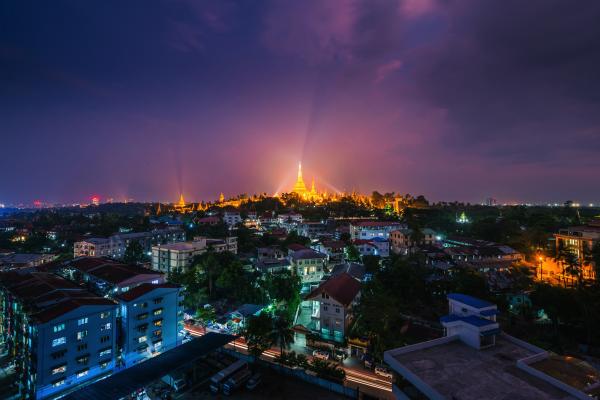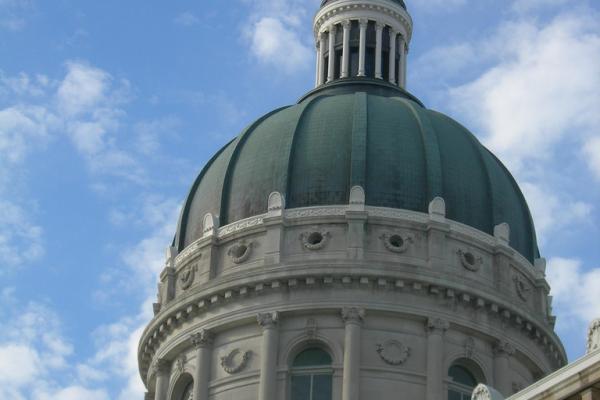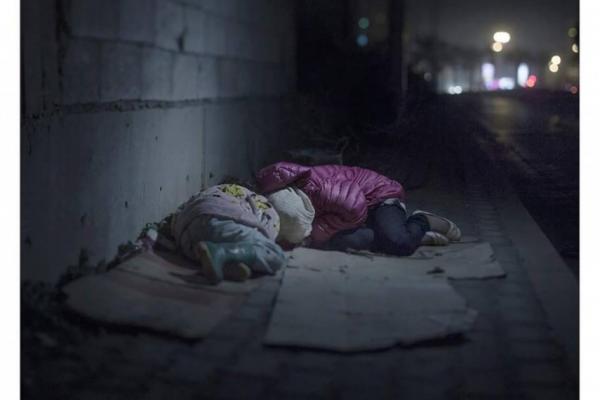After the shooting that left nine members of Emanuel AME Church dead on June 17, an employee at A+E Networks asked, “Can’t we do something?”
Tonight, at 8 p.m. ET/PT, Alicia Keys, John Legend, Pharrell Williams, and many other musicians will provide an answer. In partnership with United Way and iHeartRadio, A + E Networks is hosting “Shining a Light: A Concert for Progress on Race in America.”
This is more than just another benefit concert.
“This is going to invent a hybrid, a new form,” the famous producer and director Ken Ehrlich said.
When unspeakable tragedies happen, our thoughts often turn to seeking justice for those harmed. What has become clear over the past week is that the definition of justice is not always universal. This week, I found myself reading a lot about how different communities relate to the concept of justice in the midst of trauma and systemic oppression.
Here are 10 pieces that got the wheels in my mind turning. I’m hopeful they will do the same for you!
Let it be noted: Diana Butler Bass is not worried about the kids.
The passage of time is ever-present in our conversation, and we linger often on the uncertainty of what's ahead for American religion, particularly among the growing numbers of unaffiliated young adults. But Bass seems at peace with — and at times, delighted by — the role she has assumed in this new faith landscape: that of witness, storyteller, and occasional wisdom-dispenser to an institution-overhauling younger generation.
Bass, religious academic and author of nine books, has won numerous awards for her scholarship on American religious history. With her usual precision, Bass uses Grounded to elucidate the centuries-long power structures that have propped up hierarchical religion, and to define the parameters for where the current anti-institutional, spiritual-but-not-religious energy may take us. But Grounded is also intimately personal. Bass casts it as an almost devotional exploration of our material world, asking how we can draw closer to the spirit by paying closer attention to the earth, and eachother. This book — what she calls her "first second-half book" — makes its peace with a world in a constant state change and discovering.
This interview has been edited for length and clarity.
Naming it “corrosive” and a “dark” sign of contemporary American culture, the U.S. Catholic bishops approved a document this week condemning the production and use of pornography as a mortal sin.
Reaction from the bishops’ critics didn’t take long. Some said the bishops themselves have very serious problems with pornography; others pointed out the not-so-distant sex abuse crisis. The upshot was that the bishops ought to have different priorities.
One could be forgiven for confusing this disagreement with one from the 1980s. Didn’t it play out over a generation ago — with the result that our culture basically accepts porn as part of sexual liberation?
An Italian nun who shot to global fame by winning The Voice of Italy talent show is set to star in a stage production of the musical Sister Act, which opens here in time for Christmas.
Cristina Scuccia, better known as “Suor Cristina” (“Sister Cristina”), wowed judges and audiences last year with her soulful renditions of pop classics by artists such as Alicia Keys. Appearing on stage in her habit, silver cross swinging as she swayed, Scuccia became the unlikely winner of the Italian version of The Voice and signed a record deal with Universal.
The 27-year-old is now set to take the next step in her career. The stage production of the 1992 movie, in which Whoopi Goldberg played a singer hiding out in a convent after witnessing a murder, will open on Dec. 10 at Rome’s Brancaccio Theater.
The GOP leadership really doesn’t want refugees to come to the United States. And Stephen Colbert has a few things to say about that.
Republican leaders in Congress approved a bill Nov. 19 requiring “our nation’s top security officials” to certify that each refugee poses no threat, despite the United States’ already stringent immigration guidelines. Under the guise of “security,” the bill practically functions to severely restrict the number of Syrian refugees able to enter the United States.
The Nobel laureate and human rights advocate Aung San Suu Kyi entered the Myanmar Parliament this week, shortly after her party, the National League for Democracy, won the country's first free election in 25 years.
In those 25 years — since the 1990 election, which the NLD also won — Aung San Suu Kyi spent a total of 15 years without her freedom, having been placed under house arrest by the ruling military government which ignored the election results.
Since 1988, Ms. Suu Kyi has led nonviolent opposition to the military government. Last week’s landslide election results, which took the ruling generals by surprise, demonstrate once again that nonviolence is a force more powerful than violence.
"The biggest open question in Paris may be how much aid goes to poor countries trying to leapfrog fossil fuels,” Bill McKibben, Schumann Distinguished Scholar at Middlebury College and founder of 350.org, said.
“For reasons both moral and practical the number should be large — larger than it likely will be."
As we think about the future of our children and our grandchildren, we need to rethink our use of water: how we store it, how we carry it and how we drink it. Water is a human necessity. Our ignorance can lead to the irony of spoiling watersheds — by robbing them of potable water while introducing mountains of plastic waste, impervious to decays which produce useful soils, and diverting water from useful work.
In the legislation, the state’s schools and businesses would be allowed to write their own policies on the use of bathrooms or showers based on sex, sexual orientation, or gender identity. They also could decide for themselves what dress code to impose on students and workers.
Under the bill, those rules wouldn’t count as discriminatory.
House and Senate Democrats have called for simpler solution, saying a fix could be had by adding four words and a comma: “sexual orientation, gender identity” to the Indiana’s civil rights law.
All of us are understandably sad about Paris — devastated. Many people have used striped profile pictures, candles, and flowers to express our collective solidarity. But in the wake of tragedy, almost half of the governors of the U.S. have responded with fear, announcing that they will do whatever they can to thwart the acceptance of Syrian refugees — from cutting funding for nonprofit resettlement agencies, to demanding religious screening tests.
If there’s one thing I learned from some of my friends who are refugees, it’s how to respond to grief. And there’s no one approach and they didn’t always get it right. But sometimes they did: Some refugees, in the shadow of shocking sadness, sang more than usual, prayed louder, invited more friends over for dinner, cooked their parent’s recipes. None of them responded with terrorism.
